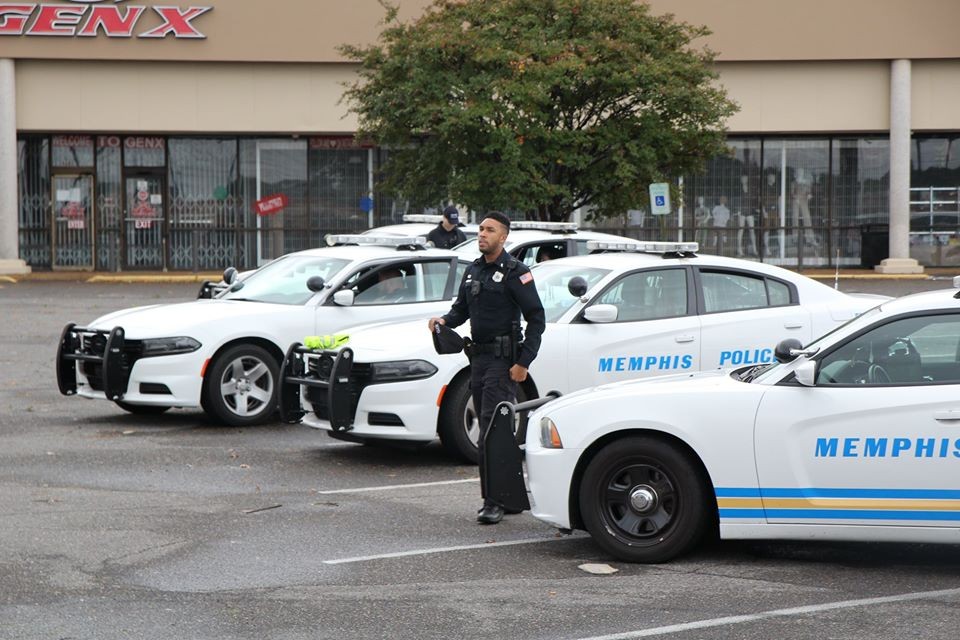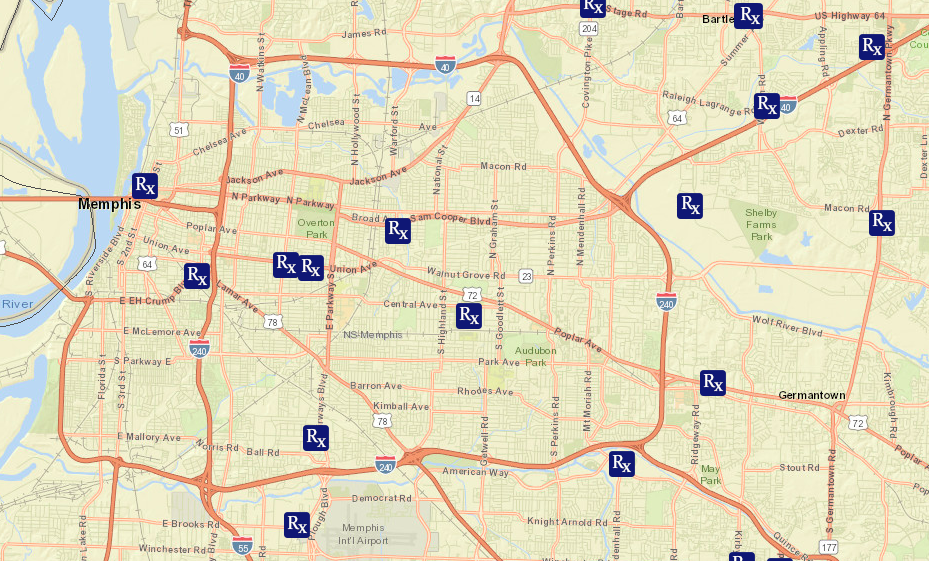The Memphis City Council met with Memphis Police Department leaders today to discuss gang violence and crime prevention in the city. Deputy Chief Michael Hardy and Major Frank Winston gave a presentation that outlined where local gang activity is concentrated and demonstrated their expertise on the subject.
 Memphis Police Department/Facebook
Memphis Police Department/Facebook
There are 13,400 gang members on record in Memphis, and MPD says there are countless more juveniles who face little to no penalty for their criminal actions. MPD is working diligently to dismantle gang violence. Currently there are multiple federally funded programs that aid in this effort.
“So what we’re saying now is that they’re coming together. And we call those local hybrid gangs now,” said Winston. A hybrid gang may be made up of childhood friends from differing gangs that collude to commit crimes.
Last fall, MPD participated in “Operation Relentless Pursuit,” a federal effort to reduce gang violence in multiple cities, including Baltimore, Cleveland, Detroit, Kansas City, and Milwaukee.
“Every year, at every peak season we get a directive to target a certain neighborhood. The last one we completed was in Ridgeway Station and was very successful,” said Winston. The MPD, and the homicide Bureau, brought in over 28 individuals who committed homicides in Memphis and Shelby County.
In 2020, MPD entered 339 people to their Tracking Active Gang-members (TAG) database, including 661 felony arrests, 183 misdemeanor arrests, and 91 homicides recovered. Officers gave 37 gang presentations in schools and community meetings but said that COVID has made it difficult to do outreach.
‘We need resources and tougher sentences on multi-offense violent criminals in the state, but we also have to look at the fact that we’ve got first-time juvenile offenders that desperately, desperately need resources,” said Councilman Chase Carlisle “And if there’s still an opportunity to save them, we’ve really got to figure out how to partner with the county commission and the state government on how to figure out a way to prevent a repeat offenders.”
The MPD Gang Unit strongly suggested mentoring, community outreach, and local support of community policing to combat gang violence in the area.
 Ingvar Bjork |
Ingvar Bjork |  Tennessee Department of Environment and Conservation
Tennessee Department of Environment and Conservation